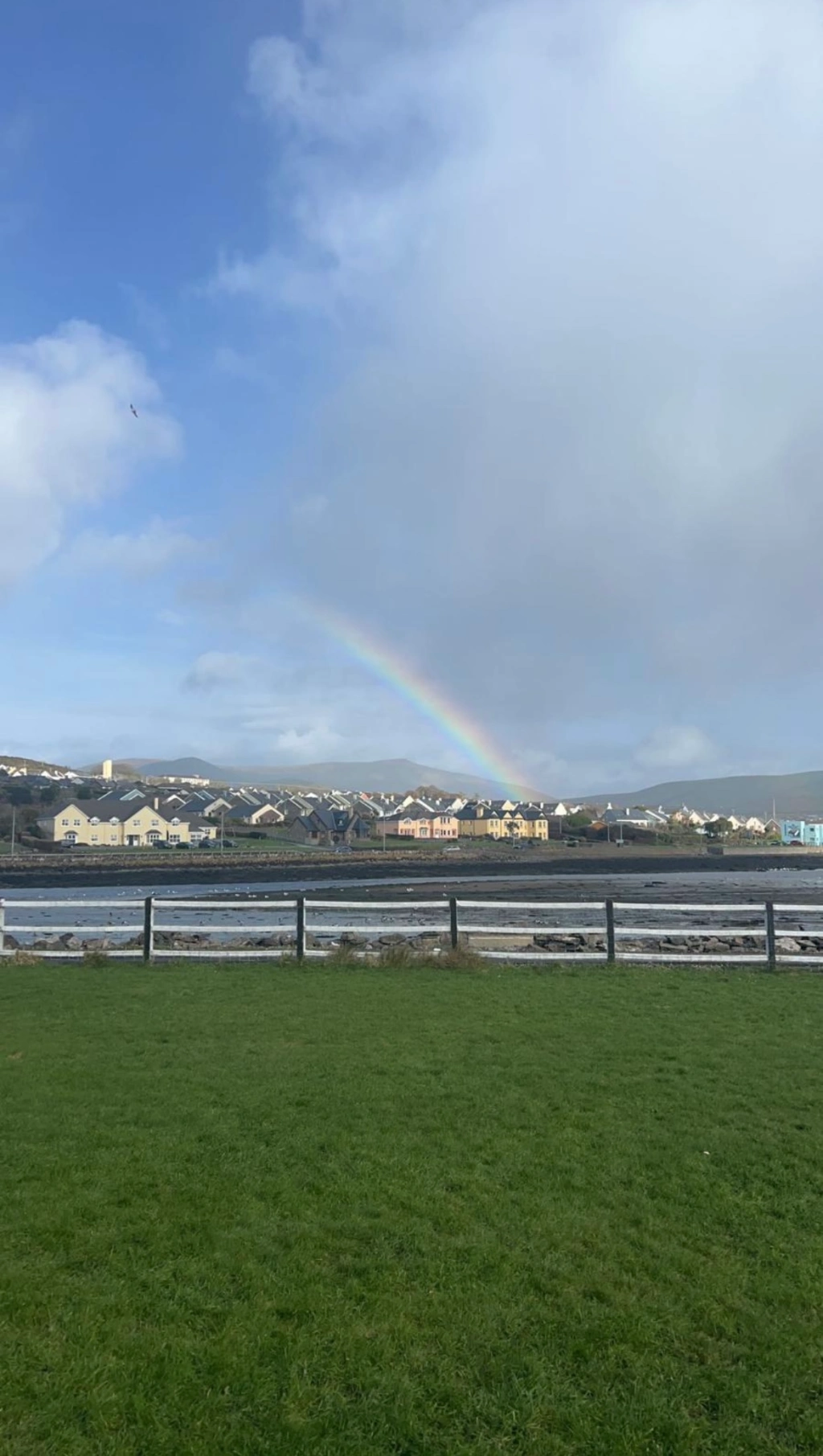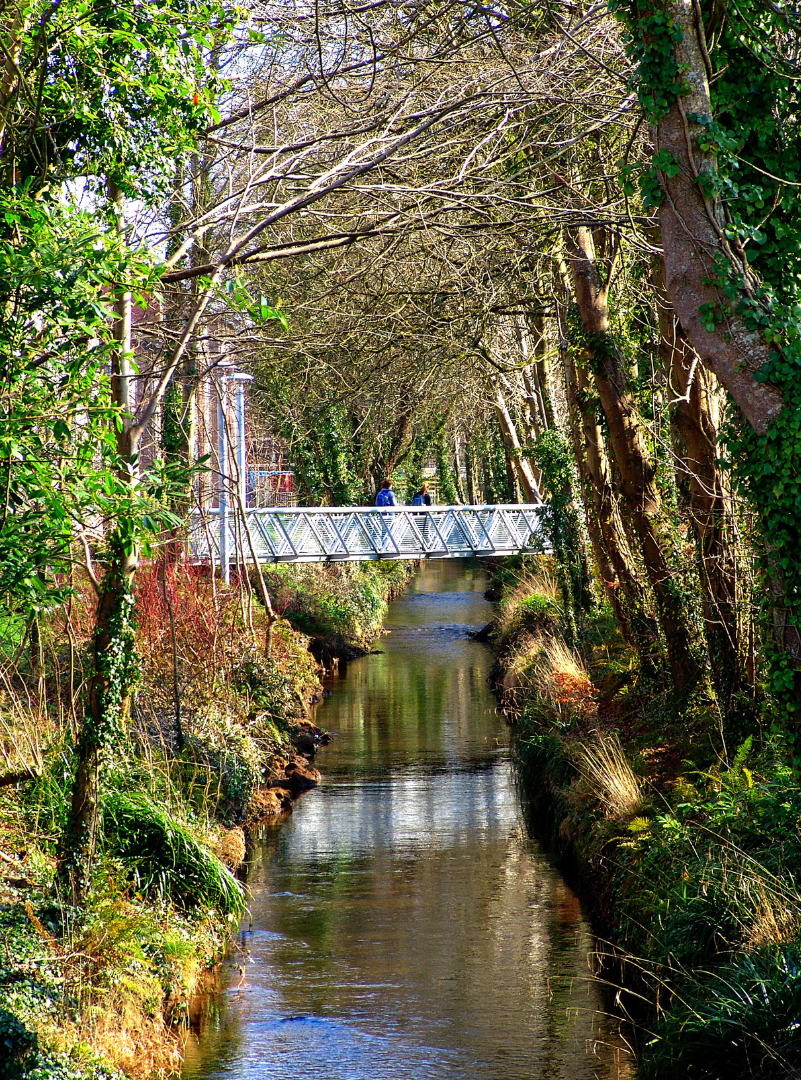
If you’re anything like me, the most exciting part of your Study Abroad experience will be seeing new places every weekend! Here’s a guide on how to plan those trips you’re been waiting for!
- Book a Flight
The BEST way to find a flight is flights.google.com. This website will be your new best friend! It’s best to start this process about 7 weeks before you’re planning to travel- choose a few flights and track them for a week before buying them. Google will send you emails letting you know about price changes so you can grab a good deal when it pops up!
Generally, flights are cheapest 6 weeks ahead of time so after you’ve tracked a flight for a week and you’re happy with the price, go ahead and buy it!
If you already know where you want to travel: Enter your departing airport, dates, and destination airport! Google will automatically filter the options to show you the cheapest and most direct flights. If you scroll down, you can also look at date charts to see the price difference for flying out a day earlier/flying back in a day later (ex Thursday to Sunday or Friday to Monday) OR you can look at cheaper airports to fly into. If you’re flying somewhere in mainland Europe, it’s often quite easy to get a train ticket from one city’s airport to another city close by!
If you want to find a place to travel: Leave the destination empty. Google will autofill the results with the cheapest destinations for this weekend AND will let you know how cheap the price is relative to tickets usually sold for your dates. You’re almost guaranteed to find a deal to somewhere that sounds interesting!
Try to avoid short layovers:Usually, this won’t be an issue since flights between countries in Europe are so short. If you’re choosing between direct and transfer, it can be better to pay a little extra for a direct flight instead of risking missing your second flight.
A tip for the budget flyers: Don’t forget to pack snacks for the airport and your flight. Airport food can get expensive, especially if you’re buying it every weekend.

2. Organize a Travel Squad
It’s usually easiest to go with just a few people so you can all get the same flight deal and book accommodation together! This also makes it easier to balance what everyone wants to do!
Google flights allows you to share travel itineraries of flights you’re looking at. Throw the link in a group me and see who’s interested! Usually, your friends will know other friends who were hoping to travel too. Before you know it, you’ll have your travelling crew!
3. Book Accommodation
Depending on the area, accommodation can get quite pricey, so unless you’re going for a luxury holiday, I recommend checking out the “bare bones” options with Hostels and Airbnb.
Hostels: Most places in Europe won’t be in heavy tourist season until summer, which means hostels are generally empty and cheap throughout the university’s academic year. You can find hostels for as cheap as 7 euros a night!
Hostels are a great option because they generally have late check in times, are close to city centers to accommodate backpacking travelers, and will sometimes have luggage storage if you have a return flight late in the evening and don’t want to carry your bag around the city! However, watch out for hostels that list their prices per person. Even if you’re booking one room with two beds, a €30 listing could easily be €60 all together!
Airbnb’s: In popular tourist spots, Airbnbs can end up being much cheaper than hostels, especially if you have a big group! They’re also a better option if you prefer to be in your own space.
When searching through the app, you can enter your preferences and see all the available homes by their location in the city. If you’re planning on using public transportation (usually the cheapest option for getting around), try to pick a home that is close to a bus or metro stop. Homes with self-check-in are easiest if you’re arriving late at night because some hosts aren’t available to let you in themselves at this time.
All hosts (and guests!) must go through a verification process with Airbnb, so it’s a secure website. However, it’s still best to look at previous reviews of the host to get a better idea of what to expect during your stay. Some hosts can have quite a few rules about check in times and interaction during your stay, others will have self-check in and no rules at all. Oftentimes, the host will also have great local recommendations and tips for getting around!

4. Plan for Getting to and From Your Airports!
This is an important step that my friends and I didn’t consider when planning trips. If you don’t plan ahead of time, you could end up late to a flight, paying ridiculous amounts for last minute taxis, or stranded in an airport and unable to check into your accommodation for the night! Have no fear though, there’s nearly always a solution!
Getting to the Airport: To get from Limerick to the Dublin Airport, your best bet is usually taking the 300 Dublin Coach (a bright green bus that leaves every half an hour from the University and says “Limerick to Dublin” on the front, you can’t miss it!). This full trip takes about 3 hours and you can pay with cash on the bus for a roundtrip ticket to the airport for just €35.
You’ll have to get off at the “Red Cow Transfer” stop just before Dublin to transfer to the airport bus, but this is included in your ticket! Make sure you keep the receipt you’re given, this is your transfer AND return ticket and the driver will scan it on the way back! The return ticket can be used up to a month after you purchase it, and is the cheapest option. This doesn’t run at all hours, so check Google Maps from the Stables bus stop to the Dublin Airport to see all your options at the time you want to leave.
At Your Destination: Airports can often be quite a distance outside of a city, and public transportation does not run 24 hours in all locations. If you have a flight that lands during the day, you’ll likely have no issue getting into your city. But if you’ve got a late flight, make sure you check ahead of time what options exist for getting to your accommodation.
On maps.google.com you can put in your “departure time and date” to get a full listing of the local transit options for when you land. However, if this doesn’t give you great options, a quick google search should get you some advice from travelers who have been in that situation before 😊
5. Look on Trip Advisor and Airbnb for fun and cheap things to do in the area!
- Airbnb Experiences: Airbnb will list “experiences” that are planned by locals for people who want to experience the culture and attractions at your destination. This can be anything from learning to make a traditional meal at a local’s home to a sheep herding demonstration to a bike tour of all the best bakeries! You’re guaranteed to find something you’ll all enjoy for a reasonable price, and the options are usually more personal and authentic than Trip Adviser listings, which can be quite touristy.
- Trip Adviser: Trip Adviser usually sorts attractions & events into free and paid experiences, which is great for travelling on a budget. You’re also likely to find hundreds of helpful reviews for the listings and usually a coupon or good deal on tourist attractions that can get quite pricey to book in person!
- Other Stuff: Check museums and walking tours in the area- some are always free and some will be free on certain days of the week. Nearly all of them will have discounts for students if they do charge for entrance!
Regardless of how you plan your weekends, you’ll have a great time with new friends experiencing new places. Bon voyage and good luck on all of your weekend adventures!








Leave a comment